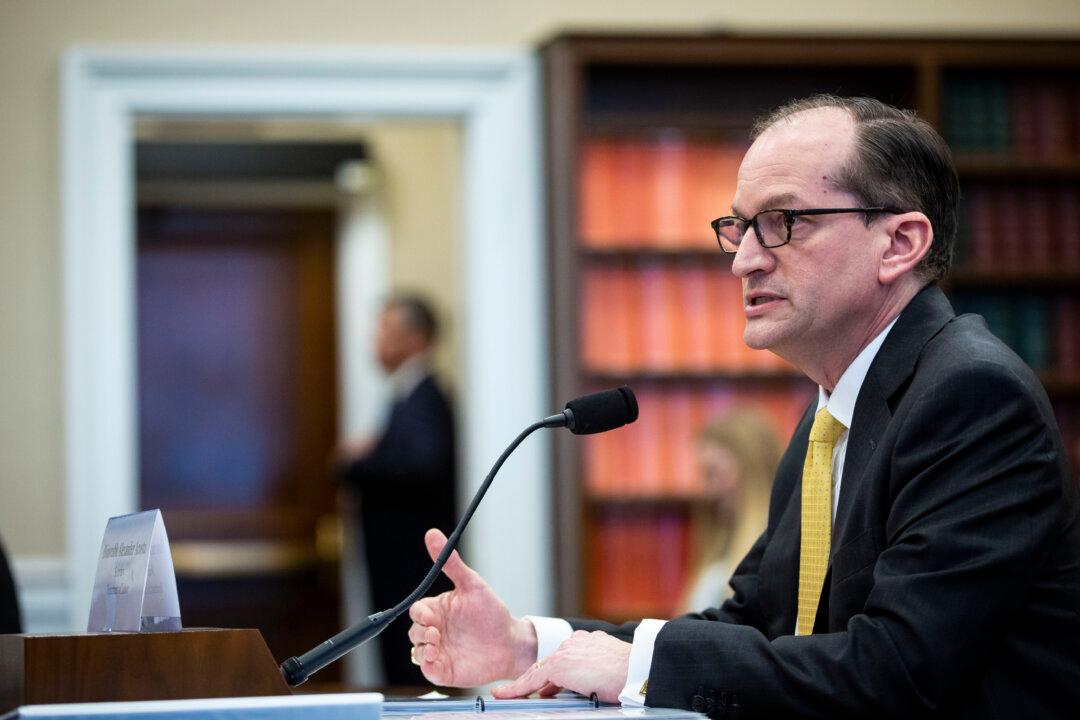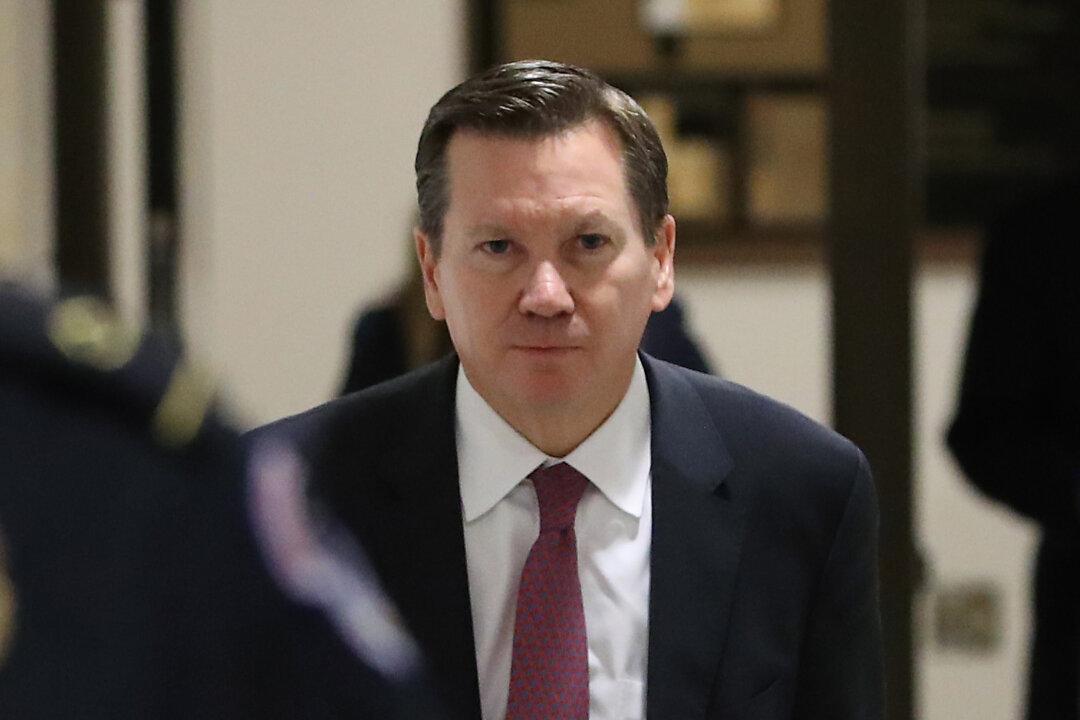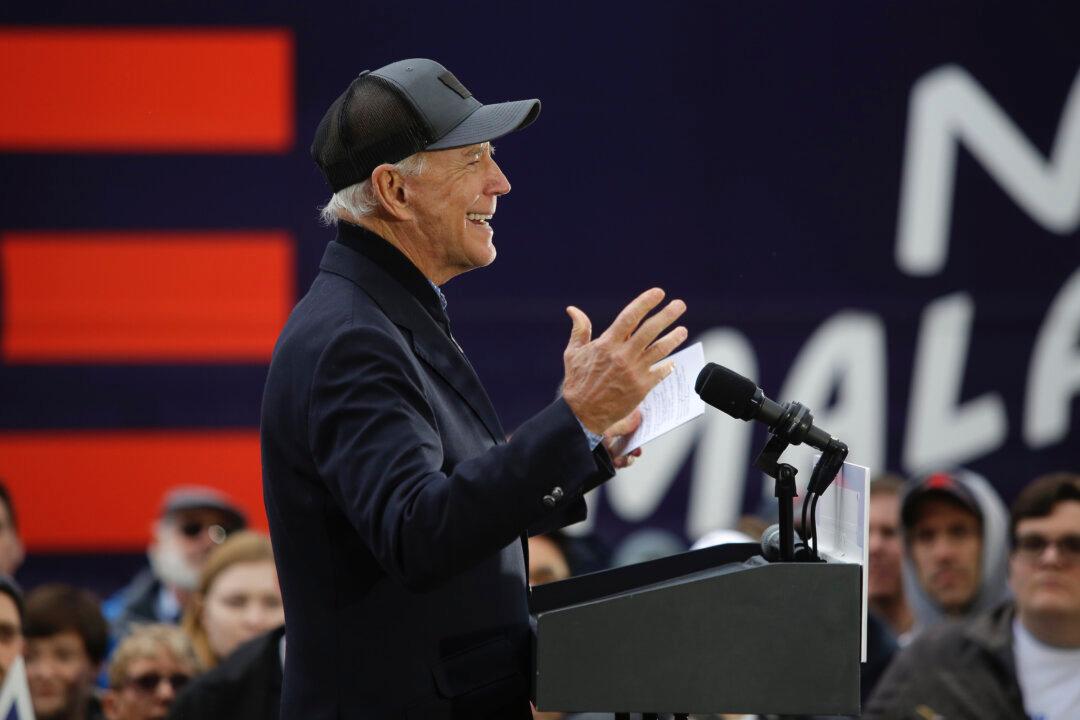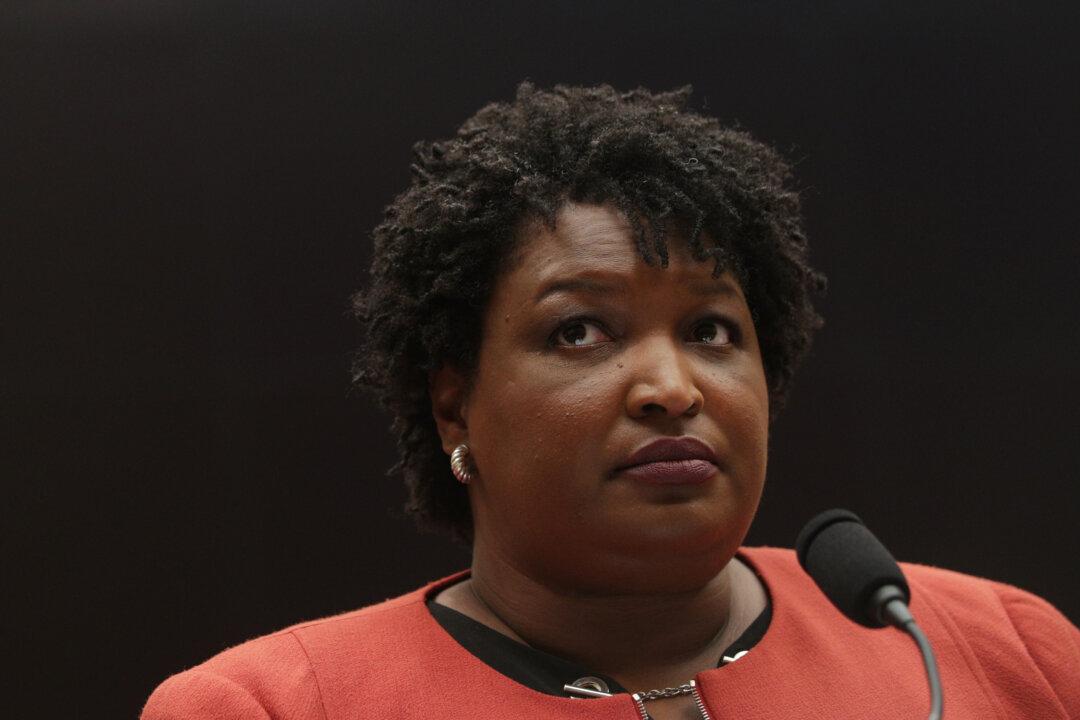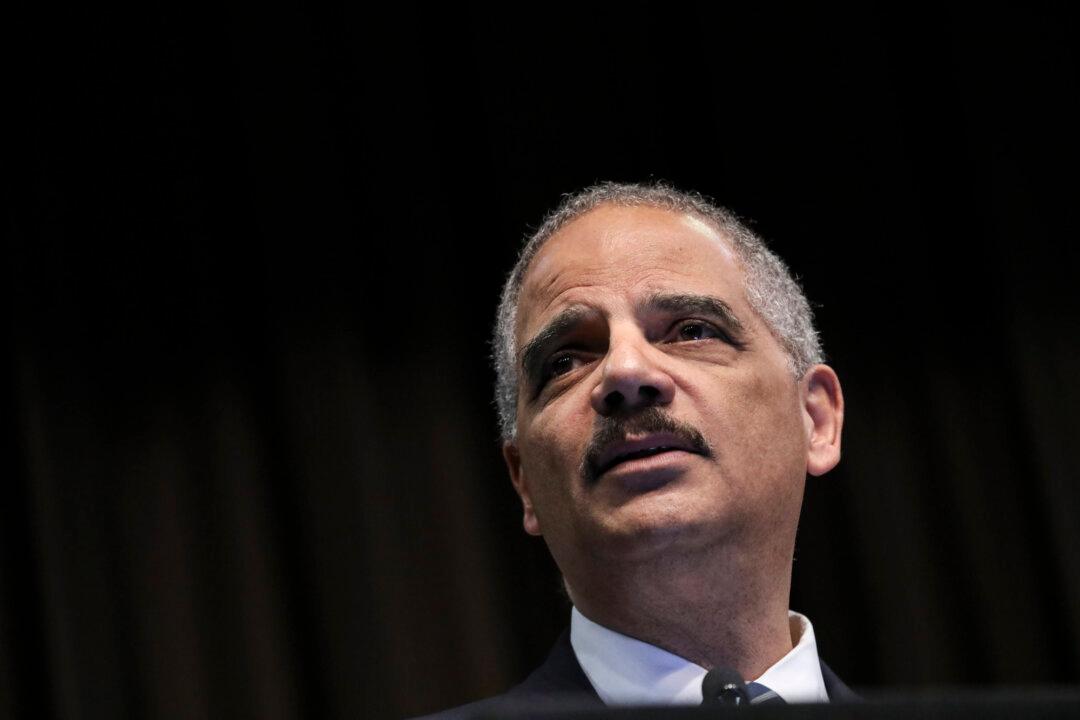U.S. Secretary of Labor Alexander Acosta was confronted in a House Appropriations subcommittee meeting on April 3 about his role in a 2008 plea arrangement involving alleged child rapist Jeffrey Epstein.
Acosta was the U.S. attorney for southern Florida at the time, while Epstein—a billionaire financier—was accused of operating an international child sex ring at his Palm Beach, Florida, mansion and 72-acre private island estate in the Caribbean.
